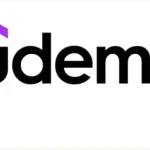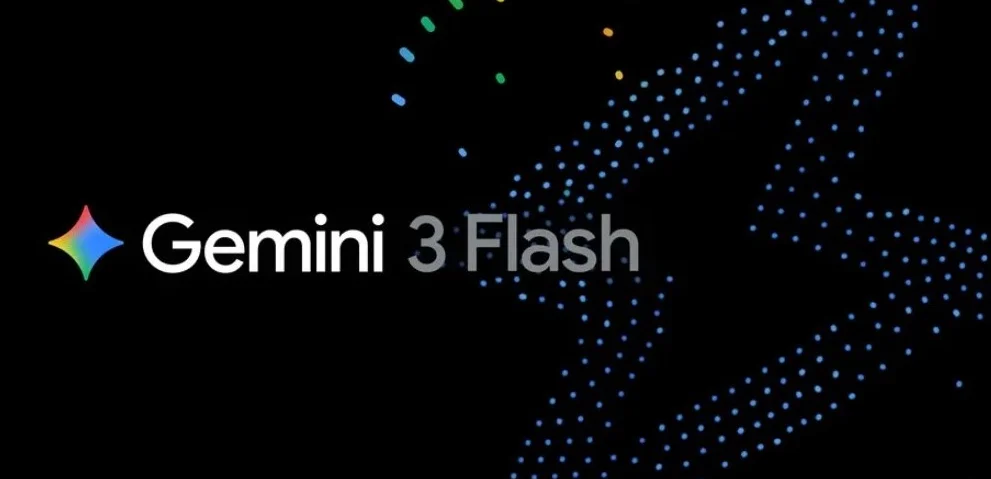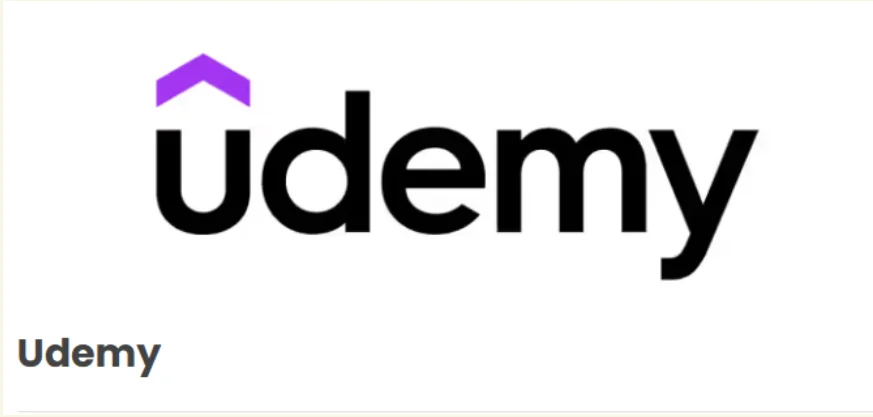Turkey Restricts Access to Major Online Platforms
Access to several major social media platforms and messaging apps has been restricted in Turkey, according to NetBlocks, a global internet monitoring organization. The disruption began on Monday across multiple networks, limiting user access to platforms including X (formerly Twitter), YouTube, Instagram, Facebook, TikTok, and WhatsApp.
Political Context Behind the Restrictions
The access limitations coincide with rising political tensions in Turkey. The country’s main opposition, the Republican People’s Party (CHP), called for rallies after police erected barricades around the party’s headquarters in Istanbul.
While no official explanation has been issued, restrictions on social media platforms often occur in Turkey during times of political unrest, protests, or security operations.
No Immediate Comment from Authorities
The Access Providers Union, which enforces internet blocking decisions in Turkey, has not immediately responded to requests for comment regarding the current access restrictions.
NetBlocks noted that its network data confirms the targeted disruption of social platforms and messaging services, pointing to nationwide implementation across multiple providers.
Growing Concerns Over Internet Freedom
Turkey has a history of restricting access to social media and online services during politically sensitive moments. Rights groups and internet freedom advocates argue that such actions limit free expression, restrict communication, and hamper citizens’ access to information.
The latest incident adds to broader concerns about digital rights and online censorship in Turkey, especially as opposition voices continue to face challenges in organizing online and offline.
Conclusion
With platforms like X, YouTube, WhatsApp, TikTok, Instagram, and Facebook restricted, millions of Turkish citizens are facing limited digital access at a time of political tension. As calls for rallies continue, the spotlight remains on how Turkey balances internet governance, political stability, and citizens’ rights to online expression.















